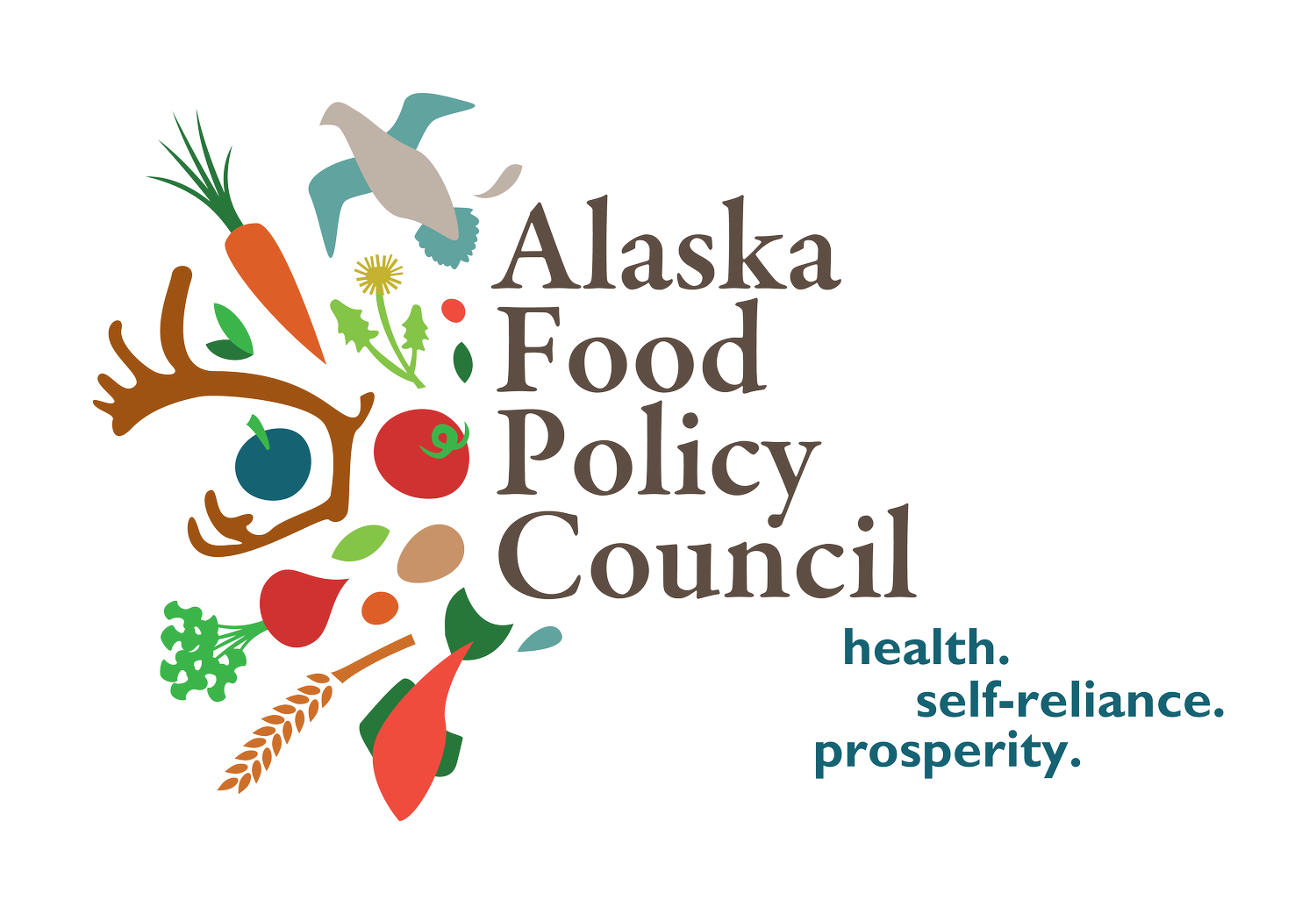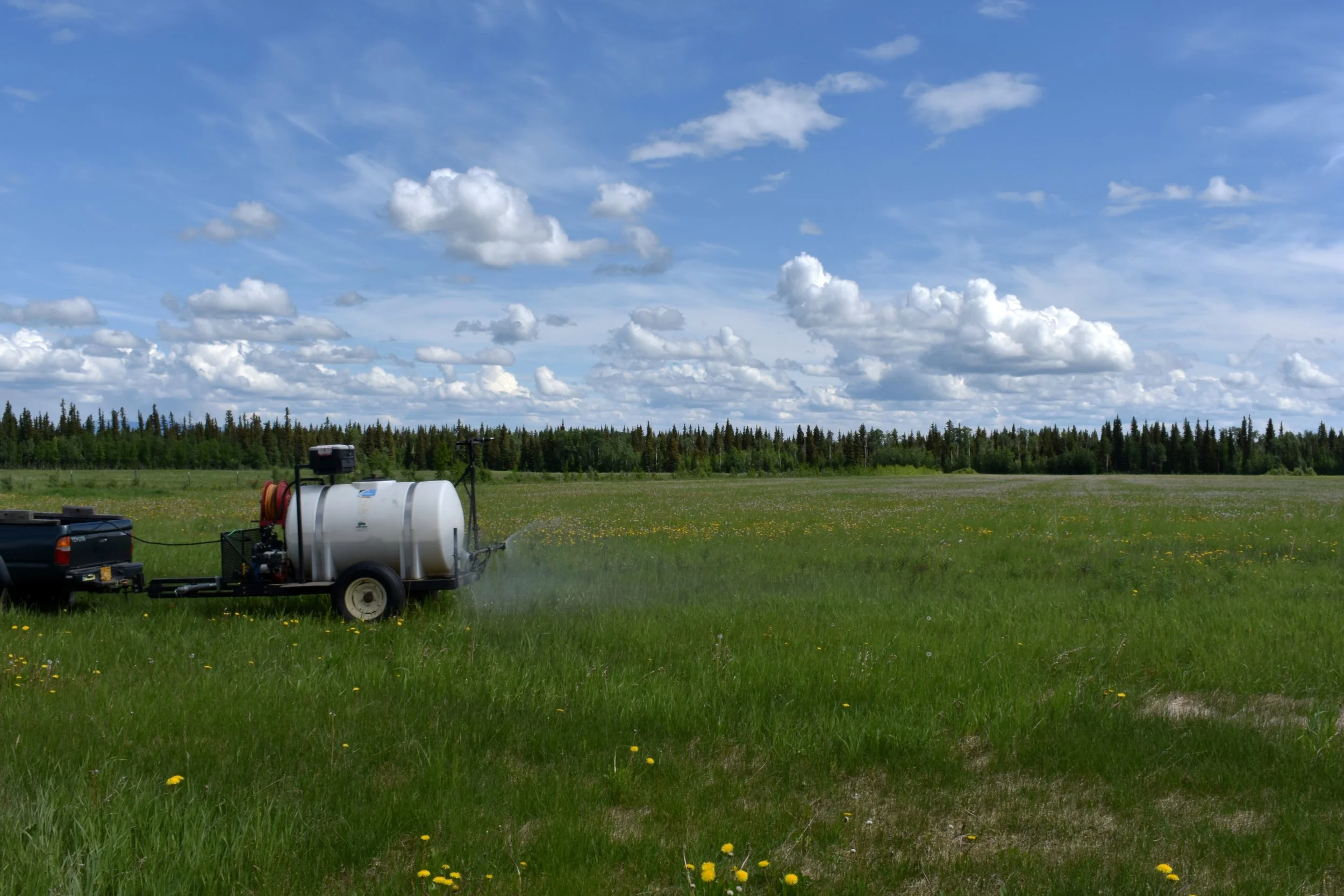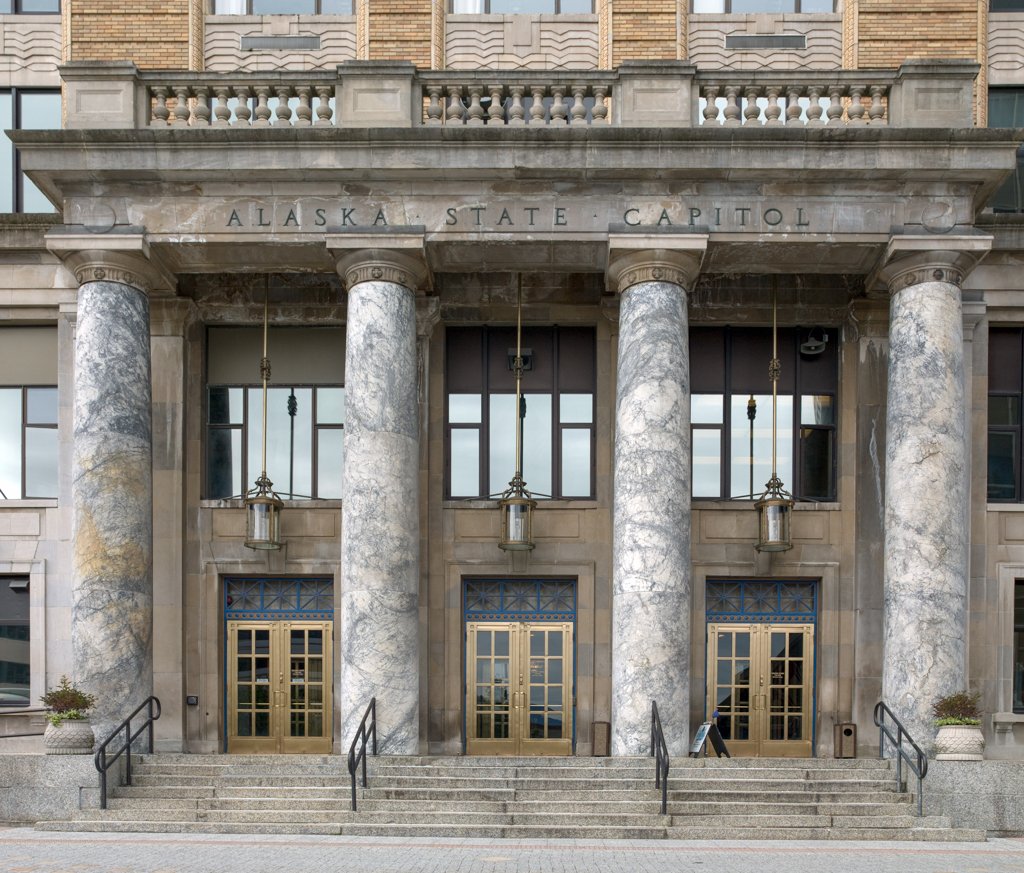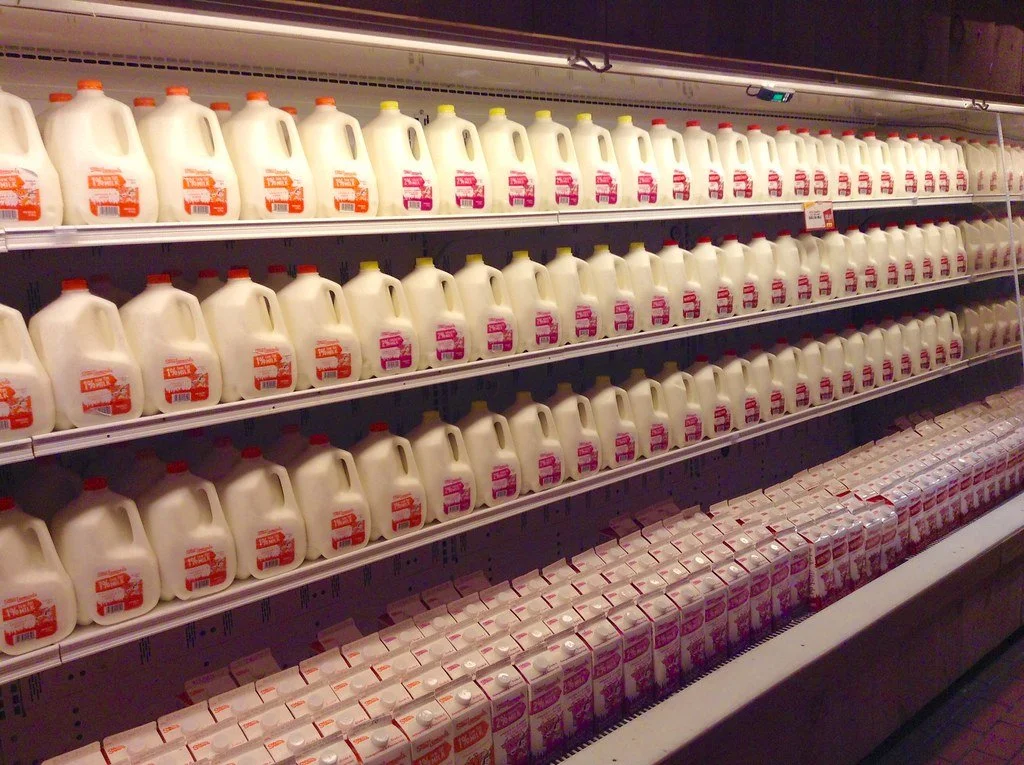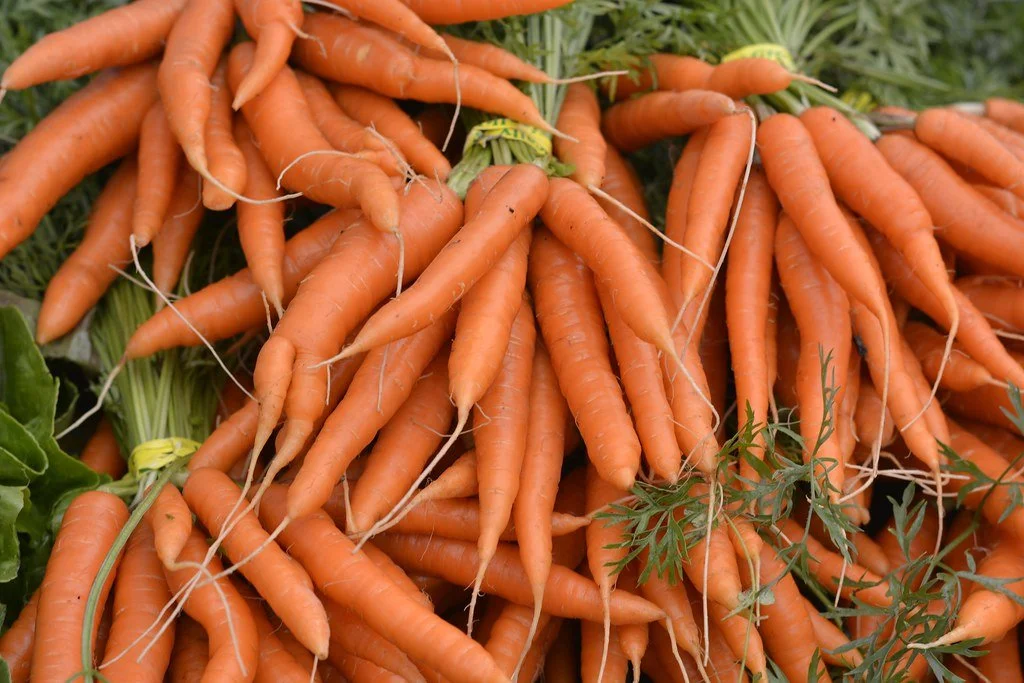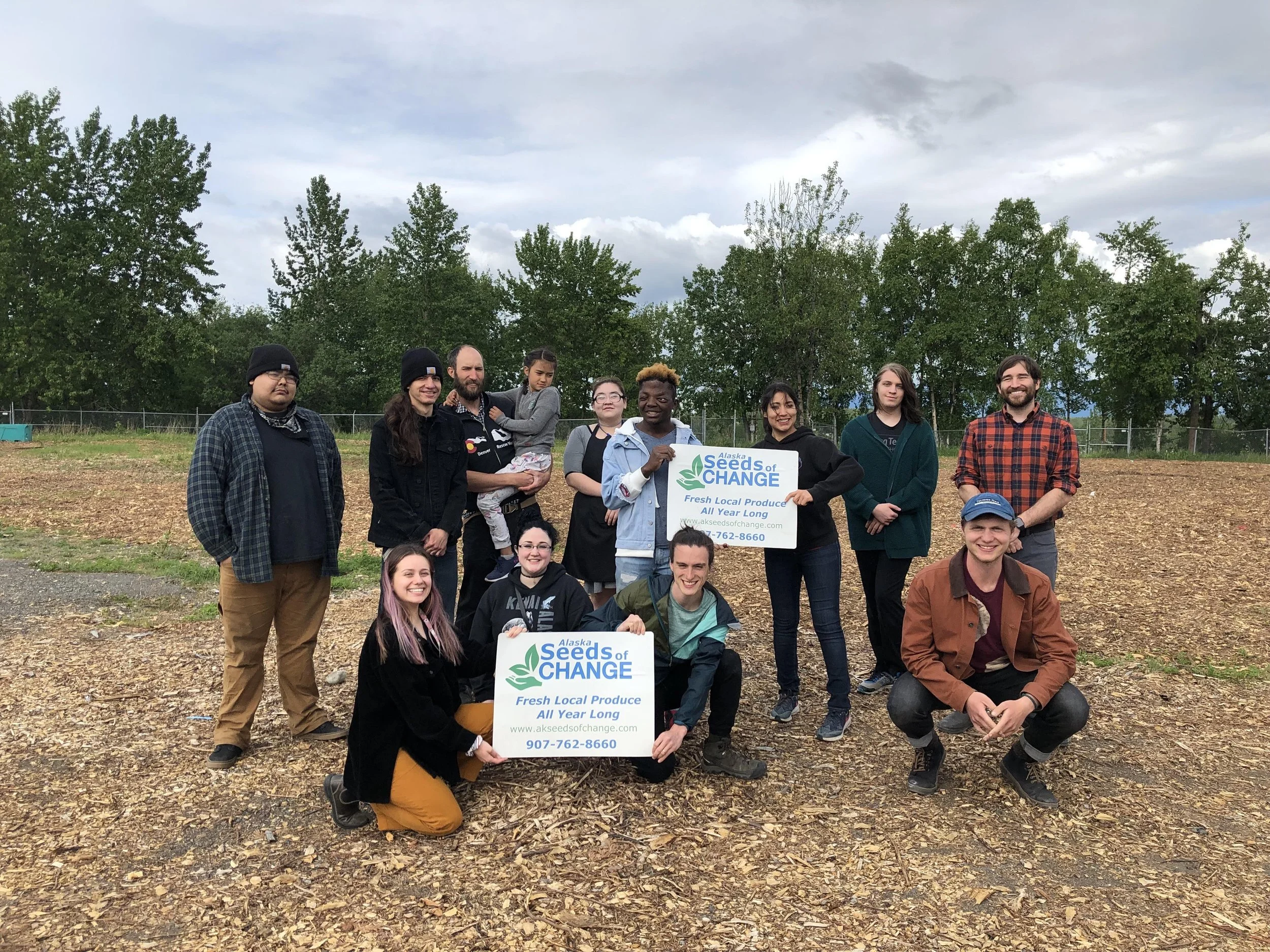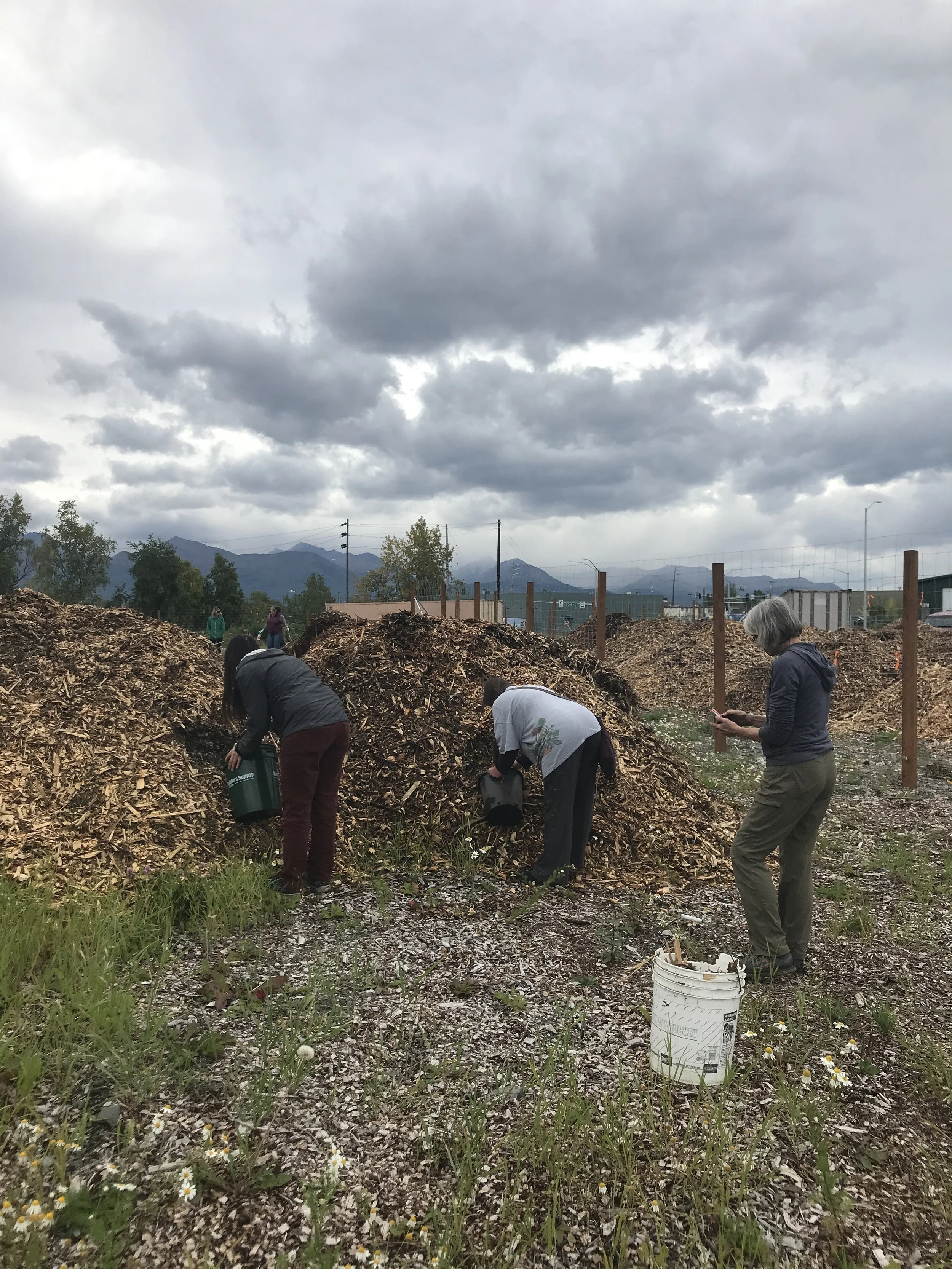As the summer comes to a close, so does my internship with the Alaska Food Policy Council. I am Will Kessler, a political science student from the College of the Holy Cross in Worcester, Massachusetts. I had the pleasure of working as a remote summer intern with the Council and got to work on a number of important projects…
Alaskan Food Waste Hero Spotlight: Waste Me Naught, Fairbanks
2022 AFPC Candidate Survey
32nd Alaska State Legislature (2021-2022): Big Wins for Food Security
AFPC Welcomes 2022 Summer Intern, William Kessler
I first became interested in food and agriculture policy after doing a research paper about the Trans-Pacific Partnership where I discovered the topic of food security. I then discussed the topic thoroughly with last year’s intern, Alexis Berard, and gained an appreciation of the subject. I enjoy learning about the nuances and general ideas within the food policy sphere and dealing with governments as a whole, and I look forward to expanding my knowledge and understanding over the course of the summer. I am very excited to be a summer intern at the Alaska Food Policy Council as it puts me in a position to learn about Alaska’s interesting food needs and diverse populations spread across an extremely large geographic area
Growing a Cut Flower Garden in Interior Alaska
A slew of research and attention has been given to peonies in recent years, but research on growing other cut flowers in Fairbanks and Alaska has been limited in the last decade. To get an idea of which cut flowers are growing well in Fairbanks in recent years, I asked a few farmers about their go-to cut flowers for creating unique, locally grown bouquets.
2022 Alaska Food Heroes Awarded!
2022-2025 AFPC Board Members Elected! Welcome to the Team
2022 Proposed Changes to Raw Milk - Public Comments Needed
The Alaska Department of Environmental Conservation State Veterinarian Office is now taking public comments on proposed changes to raw milk and raw milk products production and sales.
Help craft Alaskan food security and food safety!
After reading through the proposed language, and the FAQs, please take a moment to let them know your thoughts and suggestions (whether you agree or not) on the changes - your voice matters.
2022 Food Security Week
2021 Annual Report
How to Fight Food Waste Through the Circular Economy
Food waste is concerning for several reasons. The first and the most obvious one is food insecurity — a problem faced by two billion people across the globe. On the one hand, so much food goes uneaten, while on the other, people are dying of starvation. It’s easy to conclude that the system we have in place isn’t working.
Getting to Know the Alaska Food Coalition (AFC)
The Alaska Food Coalition (AFC) was founded in 1996, with encouragement from Alaska’s Department of Health and Human Services (now DHSS). While initially focused on increasing resource access for agencies and village councils who distribute food, the coalition has transformed over time to have a greater emphasis on advocacy and education. The mission of the Alaska Food Coalition is to address the root causes of hunger in Alaska through research, education, advocacy, and collaboration. In this endeavor, we support policies and programs focused on alleviating hunger, building healthy communities, and promoting access to affordable, nutritious and culturally appropriate food. The AFC aspires to create systems change to end hunger in Alaska through the cultivation of a strong anti-hunger network.
USDA AMS Announces 2021 Awards for Local Food Grant Programs
Stickleback Farm Staged for Success
Stickleback Farm and Native Heritage Garden: Orchard Takes Root
The planting was special due to the diverse group effort, but also unique because we set the 28 apple and 5 sour cherry trees in soil-packed, recycled fish totes, where they will grow as part of an experiment in establishing a cold-hardy urban orchard. Funded by a grant from the Alaska DNR Division of Forestry, the orchard project is one of the community-based projects AFPC has supported as part of our commitment to strengthening local food systems in Alaska…
AFPC Welcomes 2021 Summer Intern
2021 Alaska Food Security Investment Recommendations
AFPC Welcomes three new board members, serving 2021-2024 terms!
2020-2022 USDA Regional Food System Partnership Grant Project
This past October, the Alaska Food Policy Council was awarded a two-year planning grant, under the Regional Food System Partnership Program. 2020 is the first year the USDA has offered this grant program and it is part of the AMS.
The Agricultural Marketing Service (AMS) “administers programs that create domestic and international marketing opportunities for U.S. producers of food, fiber, and specialty crops. AMS also provides the agriculture industry with valuable services to ensure the quality and availability of wholesome food for consumers across the country and around the world.”
The Regional Food System Partnerships (RFSP) Program supports partnerships that connect public and private resources to plan and develop local or regional food systems. The program focuses on strengthening the viability and resilience of regional food economies through collaboration and coordination.
